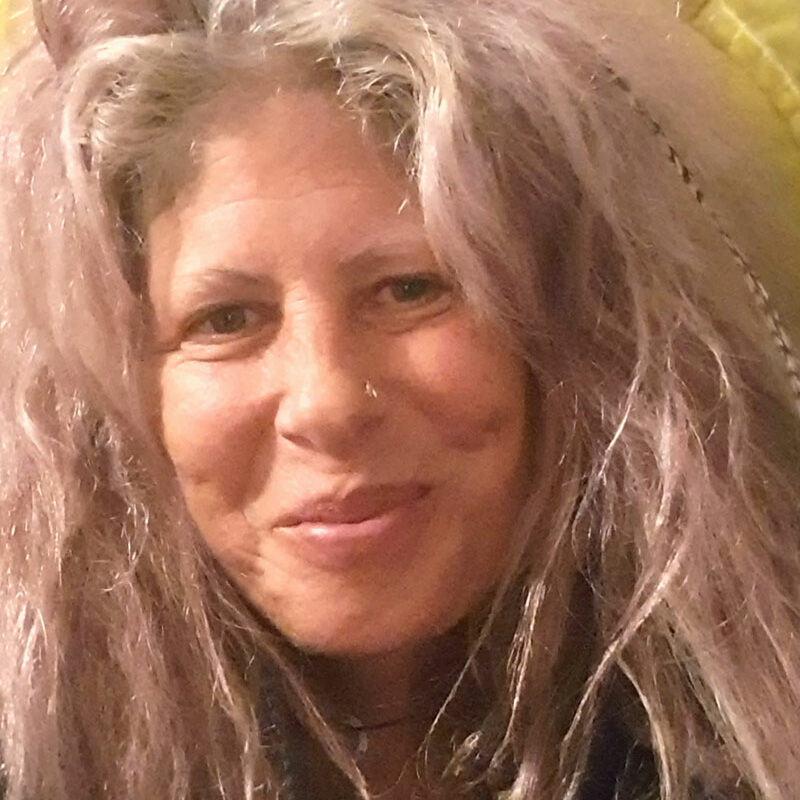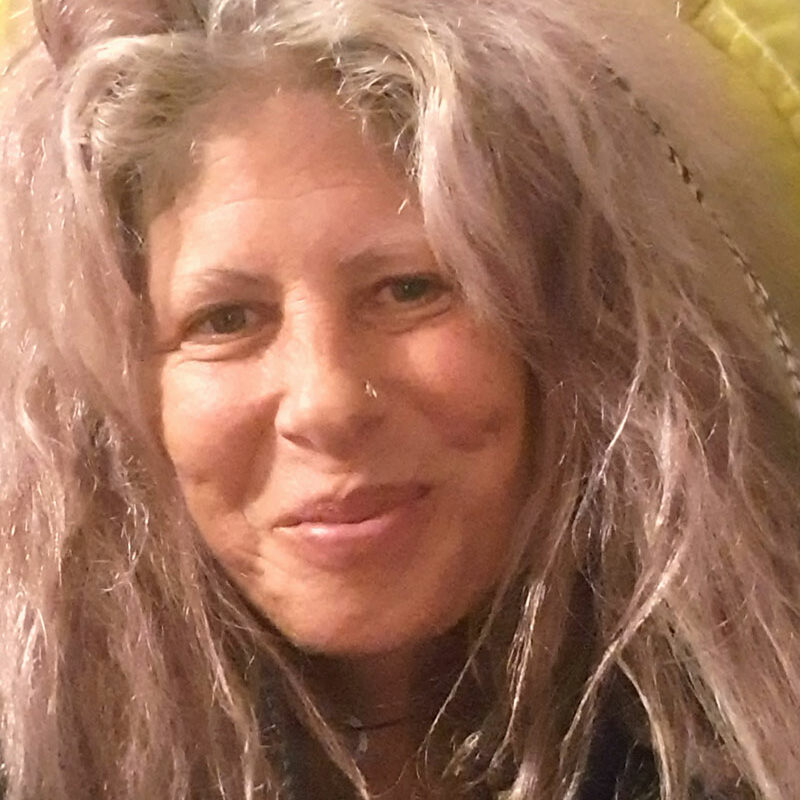A deep, creative and transformative process, which supports you through your holistic awakening journey and individual personal health revolution
Insects – And Gender Balance
Insects – And Gender Balance
Insects – and Gender Balance
Published in the Society of Homeopaths Journal, Spring 2004
Double Take by Rowena J Ronson and Nigel Summerley
NS
In the world of insects it is common for the female to be dominant. Bees, wasps and ants have societies and hierarchies that function on the basis of females being on top and males being subordinate. Why is it the opposite way round in homeopathy? And what can we learn from it?
In this age of supposed equality, there are still some jobs largely done by males (presidents and plumbers) and some largely done by females (supermodels and secretaries). The job of homeopath tends to fit the latter category. Sit in any homeopathic conference, seminar or classroom and the majority of those present are almost certain to be women.
Most of us struggle to make a living, so we have to have a second job – or a partner who will support us. Women who will support men financially are a rarity. We live in a culture where it is still – despite the rise of feminism – acceptable for women to rely on the support of men.
Many homeopaths are wives and mothers – and part-time practitioners; for some, homeopathy is a cottage industry rather than a full-time profession. For some first-year students, many of whom drop out, homeopathy can be not so much an alternative to allopathy as an alternative to doing a pottery class.
This ‘part-timer’ approach may be one of the reasons why the medical orthodoxy looks down from its frantically busy NHS ant-hills and sees us as ‘amateurish’.
Women, of course, are also drawn to homeopathy not as a hobby or a bit of self-improvement, but because they readily resonate with its fundamental principles. The homeopathic approach to health and disease is deep and caring – more ‘female’ than ‘male’ – even though it was set in motion by a cantankerous and arrogant old man.
So why do most homeopathic ‘gurus’ tend to be men? Is it because women aren’t bright enough? Surely not. Is it because they don’t have the male hang-ups with ego and power and money? Possibly. Or is it because at the end of the day – literally – they are often the ones having to think about cooking supper and getting the kids to bed?
RJR
Many women become homeopaths because they have a personal experience of homeopathy, either through resolving their own health problems or those of their children.
I had my own healing revelation with homeopathy when it literally saved my life and eventually this led me to go on and study it. I also saw it as an extension of what I was already doing in the fields of psychotherapy and teaching interpersonal skills.
As with my existing work, I felt I could fit in the role of a practitioner with being a parent of young children, since it would be possible to organise my working life within school hours. But after qualifying, I found that a successful homeopathic practice is not just about seeing patients; it also demands a greater degree than I realised of marketing, motivation, raising awareness and contending with an establishment and media that are so often negative. With all that to do, it’s no wonder that ‘mother’ homeopaths struggling to establish and sustain a successful practice can only see patients during limited hours.
Homeopathy has a reputation for not being a lucrative occupation – is that a major reason why it is not so attractive to men? The profession’s big names tend to be men. Is this because they have more freedom to devote their working lives to homeopathy if, in the main, they are not the ones at home looking after the family? Whether we like it or not, is there a divide between the roles of men and women even now in the 21st century? And do women still want that?
In a profession dominated by women, the men stand out from the crowd and even the most average male homeopath seems to get more than their fair share of attention. Female students flutter around male teachers like bees to honey – an example sometimes, one might think, of the symbiotic relationship between a Pulsatilla female and a Lycopodium man. I was told recently how one male lecturer was welcomed to teach at a college as he would provide ‘something for the women to look at’.
Is this a case of positive discrimination and is that a good thing? And do we need sex involved to make our studies more exciting?
As a mother, I am less free to go and study internationally with the likes of Vithoulkas, Mangialavori and Sankaran or even closer to home with Jeremy Sherr. Of course, women without family responsibilities frequent these extended postgraduate courses, as do those fathers with partners who are full-time family carers.
NS/RJR
Our discussions have led us to the following conclusions:
* Our profession is out of balance in terms of gender: we have a swarm of women and a dearth of men. There is no immediate prospect of this changing, but surely we could see more of a focus on the many talented and experienced women practitioner/teachers rather than on the predominant male ‘gurus’.
* Women are generally not attracted to homeopathy as some sort of hobby but are drawn to it because they have a genuine belief in its healing powers and from a desire to help others. Some, especially the mothers among us, practise it within the often tight constraints of busy and demanding lives.
* We accept that there is a big dropout rate of female students, but even those women who finish their studies after the first year, return home equipped to be able to prescribe for friends and family needing first-aid or acute treatment.
* It needs to be made clearer to men and women that studying homeopathy – whether during initial training or on postgraduate courses – is relatively expensive in comparison with our current earning power as homeopaths.

Rowena J Ronson
Rowena J Ronson Shape-Shifter Intuitive Natural Medicine Healer Homeopath Counsellor Functional Medicine Individuals, Relationships & Families For You

